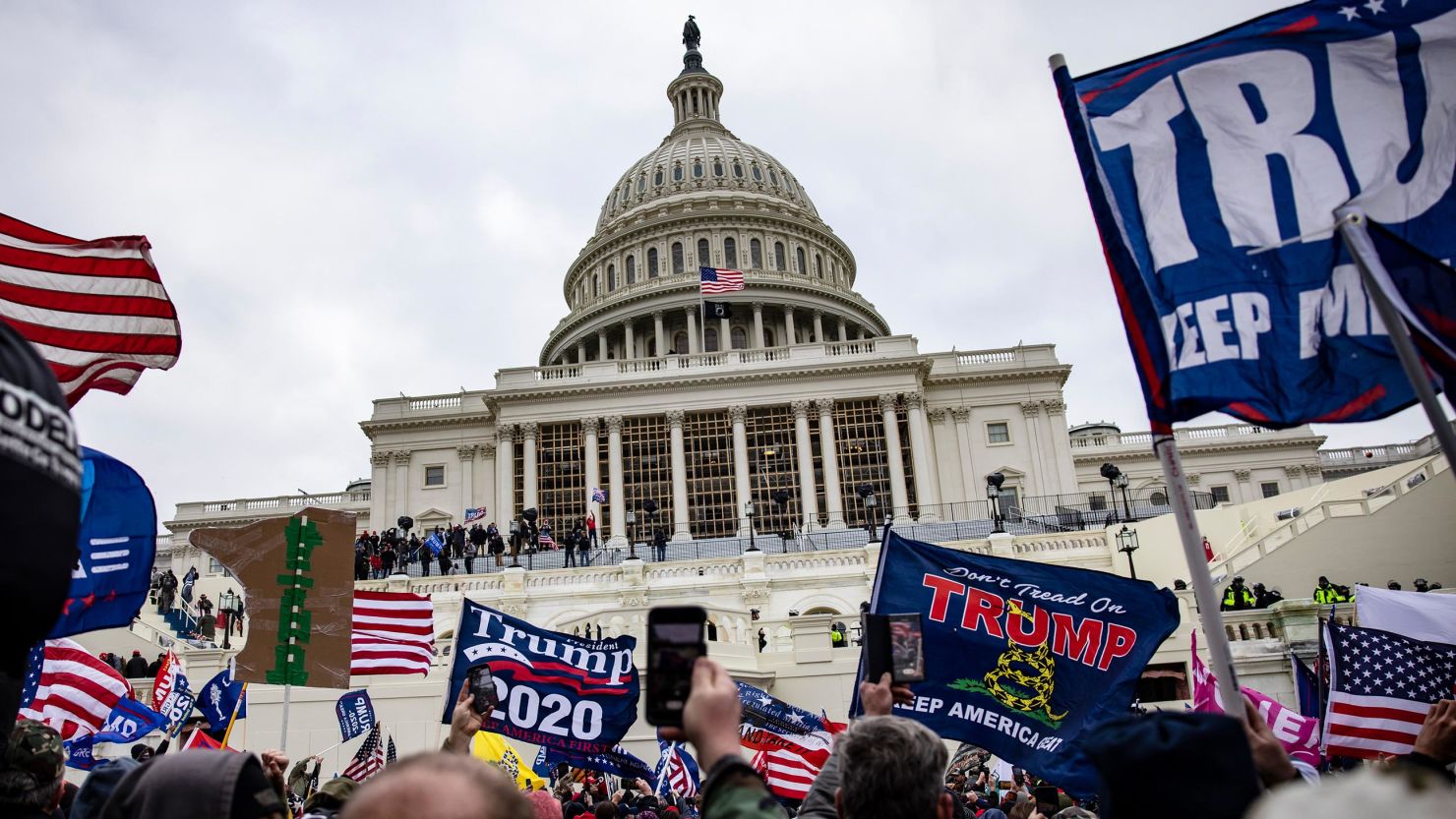January 6, 2021, was a cataclysm. An angry mob fueled by falsehoods about the 2020 election tried to grind the gears of democracy to a halt.
And yet, 21 months removed from that day, voters are acknowledging that while they are concerned about the future of democracy, it’s simply not something that factors much into their vote heading into the midterm elections.
According to the latest New York Times/Siena College poll, roughly 7 in 10 registered voters (71%) said that democracy is at risk, but just a tenth of that number (7%) rank it as the most important problem facing the country.
But wait, there’s more!
Seven in 10 Republican voters said they were comfortable voting for a candidate who believed (contra facts) that the 2020 election was stolen. And it’s not just Republicans either! Almost 4 in 10 independents said the same, as did 12% of Democrats. Even among those voters who believe that Joe Biden won legitimately in 2020, about 1 in 5 said they would be comfortable voting for a candidate who denied the election results.
Latest election news
These numbers tell us a few things:
1) The idea of democracy in peril is widespread. But we need to be careful in assuming that such high numbers for that question mean that the voters responding to that question are saying the same thing. In the poll, Republicans said threats to democracy included voting by mail, the federal government and the mainstream media. That’s very different from Democrats, who believe democracy is in peril because of people like the former President who are actively working to undermine it despite all evidence suggesting there was no fraud. Democrats also named the Supreme Court and the Electoral College as threats to democracy in the survey.
2) In an age of high inflation and ongoing worries about the potential for a recession, concerns about American democracy take a back seat. The further we get from January 6, the more the idea of an active threat to our system of government fades. Anxiety about the economy is front and center every time someone goes to the grocery store or takes their family out to dinner. Worries about the basic structures of our democracy are, well, not.
3) Election denialism is now baked into our politics. Believing that either a past election or a future election was or will be rigged is no longer a fringe position. For many Republicans, it’s a default view. And even some independents and Democrats now are more than willing to believe that if their side doesn’t win it’s because the other side cheated. (Four in 10 Republicans in the poll said did not trust that the 2022 election would be fair.)
What the poll broadly makes clear is that the real and active threat to American democracy that January 6 posed has dissipated in many voters’ minds – and that being a candidate who believed the 2020 election was stolen is not disqualifying for a decent cross-section of voters.
All of which calls to mind that axiom from Winston Churchill that those who do not learn from history are doomed to repeat it. Or, in the words of Wyoming GOP Rep. Liz Cheney: “With every effort to excuse or justify the conduct of the former President, we chip away at the foundation of our Republic. Indefensible conduct is defended, inexcusable conduct is excused. Without accountability, it all becomes normal, and it will recur.”





